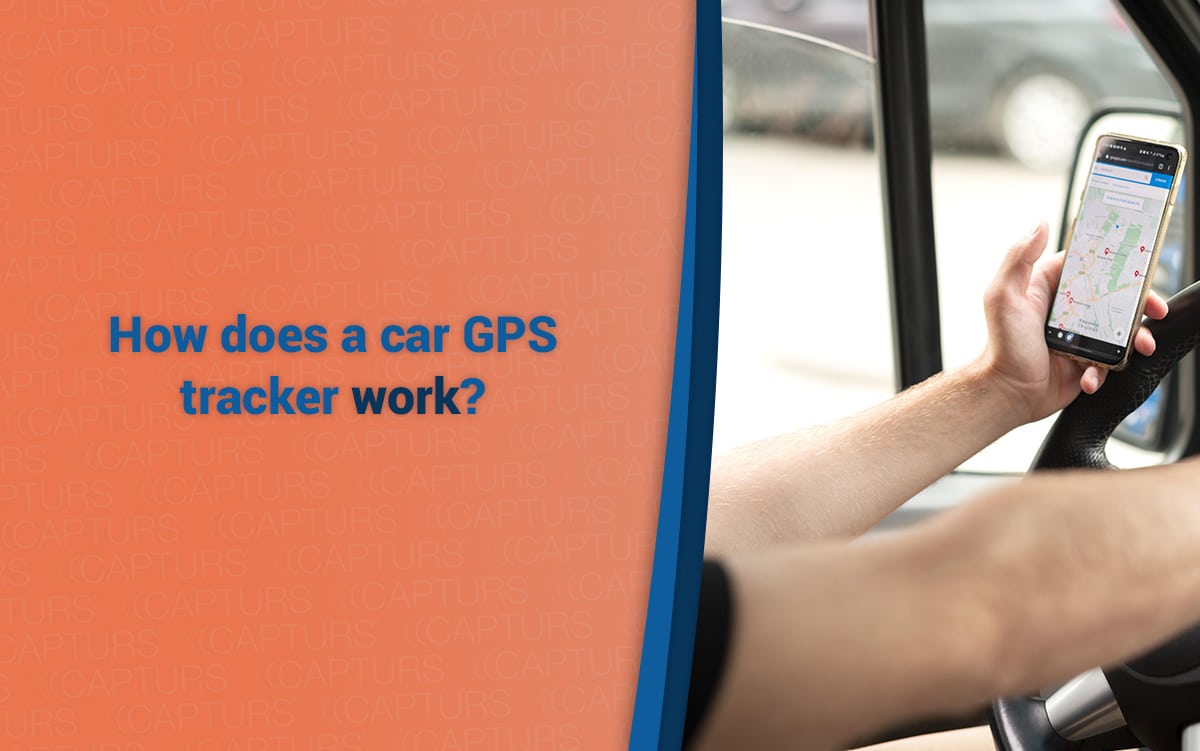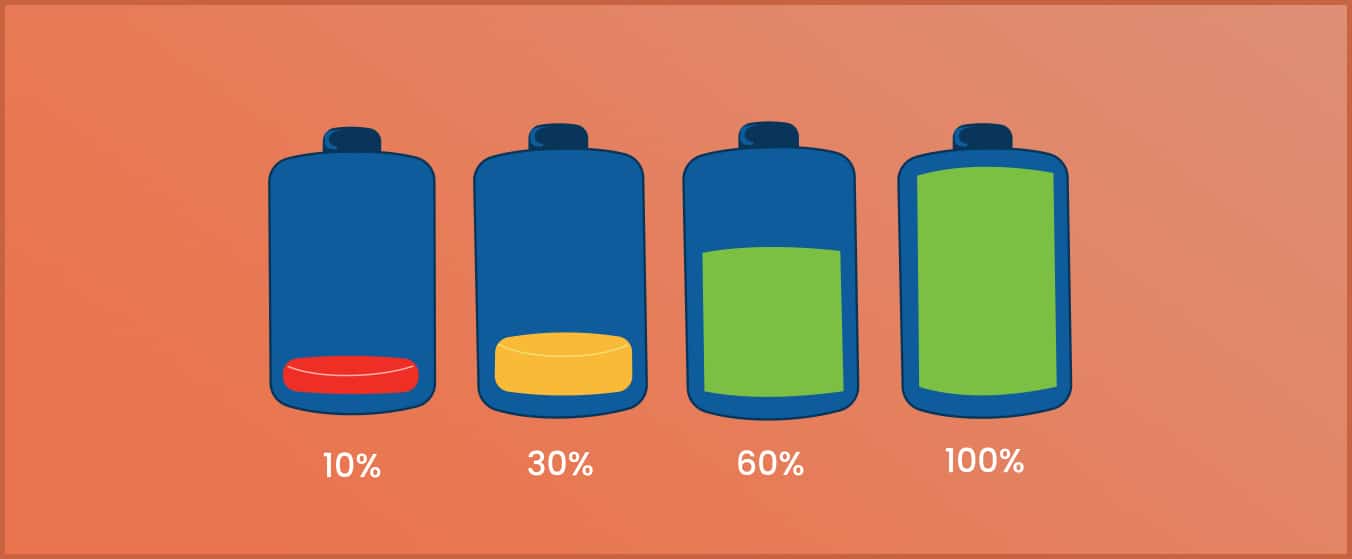How does a car GPS tracker work?

The digital age has paved the way for many innovations, including the ability to track fleets of vehicles in real time. Whether you’re an individual looking to keep an eye on your car, or a company managing a fleet of vehicles, GPS trackers have become an essential tool.
In this article, we’re going to take a deep dive into the workings of GPS trackers for cars, focusing on elements such as selecting the best tracker, the technology employed, the various parameters available, the frequency with which positions are sent, the accuracy of transmitted positions, network coverage, battery life and autonomy, as well as the question of which GPS trackers are susceptible to jamming and which are not. So let’s embark together on the exciting world of GPS trackers for cars.
- The best GPS tracker for cars: which one to choose?
- The technology used by GPS trackers for vehicles
- GPS tracker settings for cars
- GPS tracker position transmission frequency
- The accuracy of positions sent by GPS fleet trackers
- Network coverage of GPS trackers for vehicles
- Autonomy and battery life of a car GPS tracker
- Jammable and non-jammable GPS trackers
The best GPS tracker for cars: which one to choose?
Choosing the best GPS tracker for your car depends on a number of factors. Here are some features to consider when comparing options:
- Location accuracy: A good GPS tracker should provide precise location information. The higher the accuracy, the better.
Battery life: Battery life is a crucial factor. Some GPS trackers have longer battery life than others. - Ease of installation and use: A GPS tracker should be easy to install and use. Some models may require professional installation, while others can be installed by the user himself.
- Additional features: Some additional features, such as motion alerts, real-time tracking, and geographic zones may be useful depending on your needs.
- Cost: Cost is always a consideration. It’s important to compare the initial cost as well as any monthly subscription fees.
- Customer service: Good customer service can make a big difference, especially if you have a problem or a question about the product.

In short, choosing the best GPS tracker for your car will depend on your specific needs and how you plan to use the device. To find out more about the best GPS tracker, read our full article on the subject.
The technology used by GPS trackers for vehicles
A GPS tracker is a tracking device that allows you to locate and follow a vehicle or asset in real time. It consists of a GPS module and a GSM/LPWAN communication module. The GPS receiver inside the GPS tracker identifies its position via satellites, while the communication module transmits position information via WiFi or the Internet.
Find out more about the technology used in GPS fleet trackers.
GPS tracker settings for cars
A car GPS tracker offers a variety of settings that can be adjusted to suit your specific needs. Here are just a few of the commonly available settings:

- Update frequency: You can set the frequency at which the GPS tracker sends updates on your car’s position. This can range from a few seconds to several hours.
- Motion alerts: Some GPS trackers allow you to set alerts that warn you when your car starts moving or leaves a specific geographical area.
- Virtual zones: You can define specific geographical zones and receive alerts when your car enters or leaves these zones.
- Power-saving mode: Some GPS trackers offer a power-saving mode that can extend battery life when the vehicle is parked for long periods.
These settings may vary according to the model of GPS tracker you are using. For more information on the different settings of a car GPS tracker, please consult our full article on the subject.
GPS tracker position transmission frequency
Position sending frequency is a crucial aspect of a GPS tracker. It determines how often the device sends updates on the vehicle’s position. This frequency can vary considerably depending on your specific needs and the model of GPS tracker you’re using.
For example, if you’re using the GPS tracker to follow a vehicle in real time, you may want to send position updates more frequently, such as every few seconds. However, this may consume more battery power.

On the other hand, if you’re using the GPS tracker simply to keep an eye on your vehicle’s general location, a lower position sending frequency, such as every few hours or every day, may be sufficient.
It’s important to note that the frequency at which positions are sent can often be adjusted in the GPS tracker settings, allowing you to strike the right balance between tracking accuracy and battery life.
For more information on how often a GPS tracker sends positions, and how to adjust it to suit your needs, see our article on the subject.
The accuracy of positions sent by GPS fleet trackers
The accuracy of positions sent by GPS trackers is a key element in fleet management. It allows you to know exactly where your vehicles are at any given time, which is essential for route planning, monitoring on-time performance and reducing fuel costs.
Accuracy can vary depending on the GPS tracker model and the quality of the GPS signal. In general, most GPS trackers can provide location accuracy down to a few meters. However, various factors can affect this accuracy, such as surrounding buildings, weather and geographical location.
It’s also important to note that some fleet GPS trackers offer additional features that can improve position accuracy. For example, some models can use data from other sources, such as cellular or Wi-Fi signals, to improve accuracy when the GPS signal is weak or non-existent.
For more information on the accuracy of positions sent by GPS fleet trackers, please read our article.
Network coverage of GPS trackers for vehicles
The network coverage of GPS trackers for vehicles depends on the network used by the device. Some trackers use cellular technology and require a SIM card. Others use the Sigfox or LoRa network, which covers a very large part of the European population, but less regularly than the GSM network.

Find out more about the network coverage used by GPS trackers for vehicles.
Autonomy and battery life of a car GPS tracker
Battery life determines how long the device can operate without needing to be recharged.
Battery life can vary considerably depending on the model of GPS tracker and the settings you use. For example, a GPS tracker that sends position updates every few seconds will have a shorter battery life than a device that sends updates every few minutes or every hour.

In addition, some GPS trackers offer a power-saving mode that can extend battery life when the vehicle is parked for long periods.
It’s also important to note that battery life can be affected by factors such as GPS signal quality, temperature and battery age.
For more information on the autonomy and battery life of a car GPS tracker, please consult our full article on the subject.
Jammable and non-jammable GPS trackers
GPS trackers fall into two main categories: jammable and non-jammable.
Jammable GPS trackers are those that can be affected by a GPS signal jammer. A GPS signal jammer is a device that emits signals at the same frequency as GPS to interfere with GPS signal reception, rendering the GPS tracker unable to provide accurate location information.
On the other hand, non-jamming GPS trackers are designed to resist jamming attempts. They can use a variety of techniques to do this, as detailed in this article on jammable and non-jammable GPS trackers for cars.
It’s important to note that the use of GPS signal jammers is illegal in many countries due to the risks they pose to public safety and emergency services.
